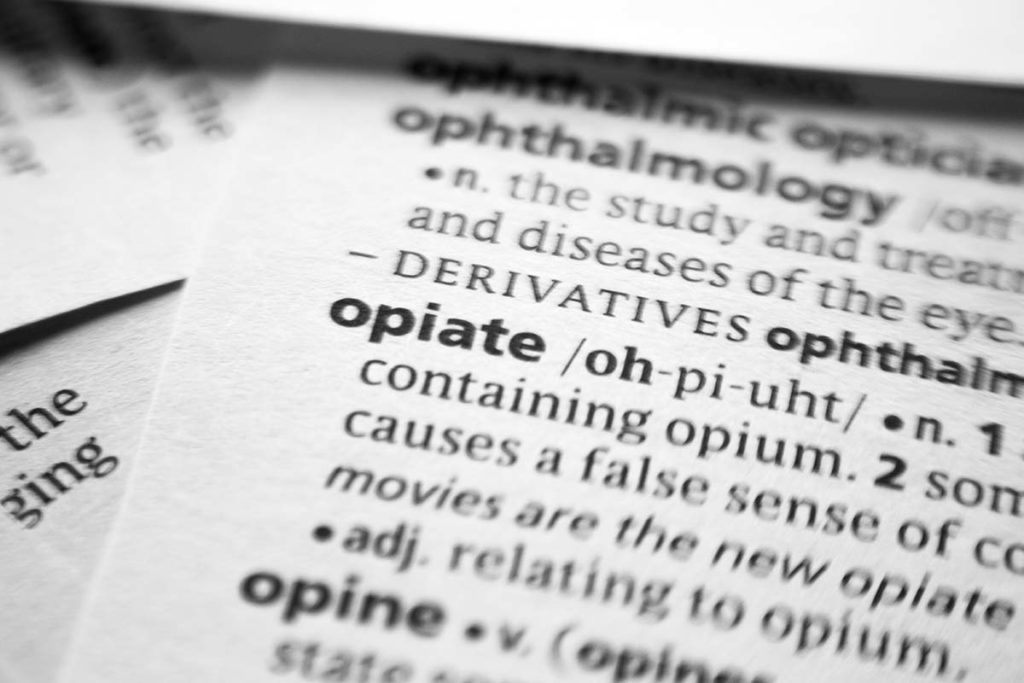The opioid epidemic has become a national crisis, and it’s important to understand what opioids are and how they work. But what are opiates? These two types of drugs are often used interchangeably. Opiates work the same way as opioids and provide tremendous pain relief to the people who take them, but they also bring the same addictive properties.
If you or someone you love is struggling to stop using opiates, it is time to get help. The Arbor has drug addiction treatment programs that can help break the cycle of addiction and build the skills for a lifetime of sobriety. Get started today by calling 844.413.2690. Keep reading to learn more about the answer to the question, “What are opiates?”
What Are Opiates?
The term “opiates” covers a wide range of substances, both natural and synthetic. Opiates are drugs derived from the opium poppy plant, as well as synthetic drugs that have similar effects. Opiates work by binding to specific receptors in the brain and spinal cord, which reduces pain signals and can produce a feeling of euphoria.
While opiates can have legitimate medical uses, they are also highly addictive and can be abused. Opiate abuse can lead to several problems, including tolerance, dependence, and addiction.
What Are the Different Types of Opiates?
There are various types of opiates, both natural and synthetic.
Natural opiates are derived from the opium poppy plant and include drugs like morphine and codeine. These drugs are typically used for pain relief.
Synthetic opiates, also known as opioids, are synthetic drugs that have similar effects to natural opiates. Synthetic opioids include drugs like fentanyl, oxycodone, and hydrocodone. These drugs are also used for pain relief but can be more potent than natural opiates.
The Dangers of Opiates
While opiates can have legitimate medical uses, they are also highly addictive and can be abused. Opiate abuse can lead to several problems, including tolerance, dependence, and addiction.
Tolerance occurs when a person needs to use more and more of the drug to achieve the same effect. Dependence occurs when a person feels like they need to use the drug to feel normal. Addiction is a chronic, relapsing disease characterized by compulsive drug seeking and use, despite harmful consequences.
People who abuse opiates are at risk for a number of health problems, including:
- Overdose
- Respiratory depression
- Infectious diseases
- Heart problems
- Liver damage
Recognizing an Addiction to Opiates
If you or someone you know is struggling with an opiate addiction, there are a few signs to look out for:
- Taking the drug more often or in higher doses than intended
- Spending a lot of time obtaining and using the drug
- Failing to meet work, school, or family obligations because of drug use
- Continuing to use the drug despite negative consequences
It can be challenging to confront someone with an opiate addiction, but doing so can save their life. Helping them find treatment could mean that they avoid a future overdose.
Opiate Overdose Signs and Symptoms
If you think someone is experiencing an opiate overdose, call 911 immediately. Symptoms of an opiate overdose include:
- Shallow or stopped breathing
- Unconsciousness or coma
- Pinpoint pupils
- Cold, clammy skin
- Slow heart rate
- Weak pulse
If you or someone you know is struggling with an opiate addiction, help is available.
Opiate Addiction Treatment at The Arbor
The Arbor provides help to people struggling with opiate addiction. We offer various treatment options, including residential treatment, outpatient options, and behavioral therapy. Our goal is to help our clients achieve long-term sobriety and happy, healthy lives.
For more information about our drug addiction treatment program, please call us today at 844.413.2690. We are here to help you or your loved one on the road to recovery.


